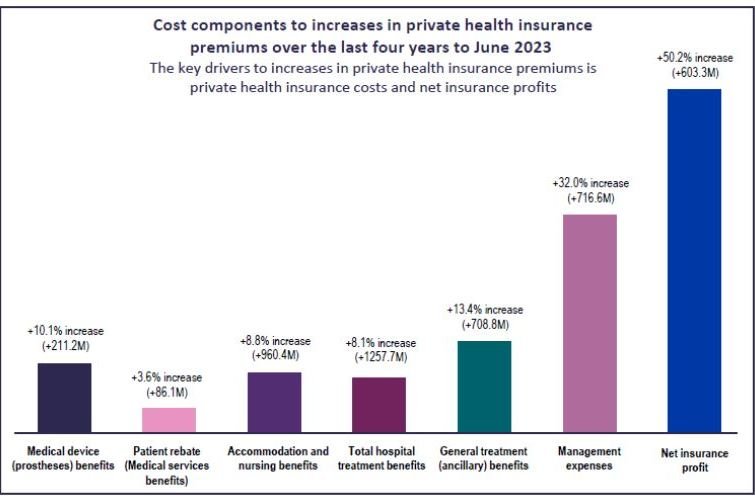Marking World Ovarian Cancer Day, the Australian Government has announced a $16.2 million investment in eight research projects to beat ovarian cancer.
In Australia and across the world, ovarian cancer has the lowest survival rate of all female cancers. On average, only 43 out of 100 women diagnosed with ovarian cancer are still alive five years after their diagnosis.
Cancer Australia estimates that more than 1500 new cases will be diagnosed and more than 1000 women will die from ovarian cancer in Australia in 2020.
The Government’s investment comes from the Medical Research Future Fund’s (MRFF) Emerging Priorities and Consumer Driven Research Initiative.
These research projects will contribute to a greater understanding of ovarian cancer for the benefit of women and their loved ones across Australia and the global community.
The successful projects are:
- University of Newcastle – Australian program for drug repurposing for treatment-resistant ovarian cancer treatment
- University of Melbourne – High throughput discovery of synergistic drug combinations for patients with low‑grade serous ovarian cancer
- Monash University – Towards a new era in granulosa cell tumour research: patient driven outcomes, genomics, diagnostics and therapeutics
- Griffith University – A phase II trial evaluating feasibility, safety and efficacy of an individually tailored exercise intervention during chemotherapy for recurrent ovarian cancer
- University of Queensland – Ovarian cancer early detection, monitoring and therapeutic intervention using extracellular vesicles
- University of Queensland – A new radio-imaging agent to guide targeted therapy for epithelial ovarian cancer
- The Council of the Queensland Institute of Medical Research – Ovarian cancer: investigating Variation in care and survival, Aetiology and Risk factors to Improve outcomes in Australia via National data linkage: the OVARIAN study
- Monash University – Measuring adherence to best practice guidelines for the management of ovarian cancer in Australia to determine the extent to which variation in care influences clinical and patient-reported outcomes.
The eight projects will support research in several priority areas including an improved understanding of risk factors for ovarian cancer, methods to assist with early diagnosis and treatment, best practice models for clinical management, and repurposing drugs for treatment‑resistant ovarian cancer.
The outcomes of the research will help us understand the underlying factors that contribute to the development and progression of ovarian cancer, and how best to manage and treat this devastating condition.







